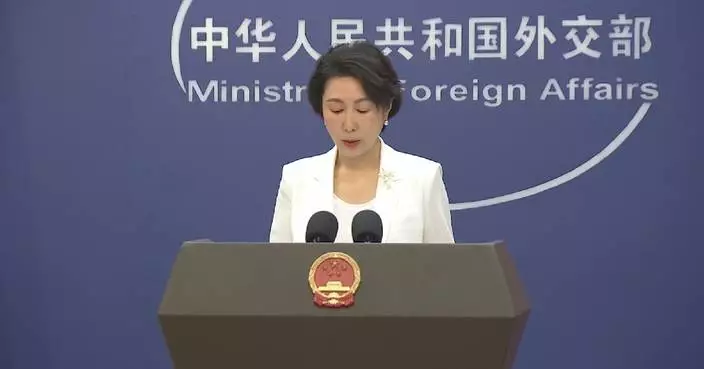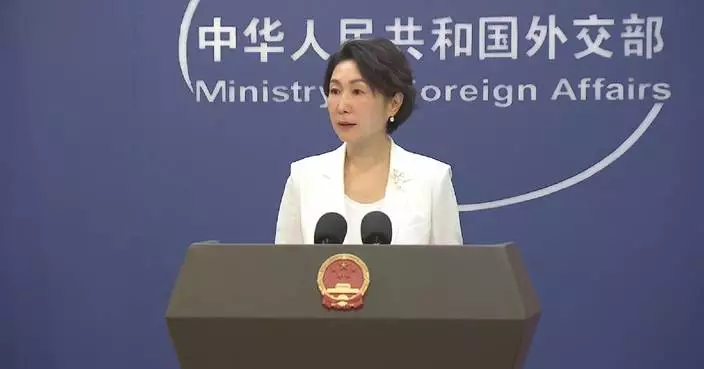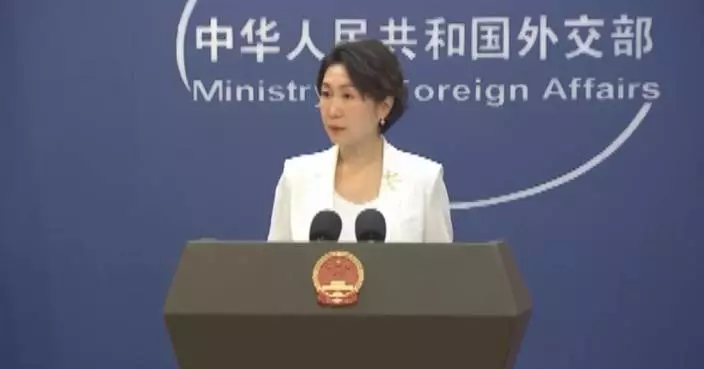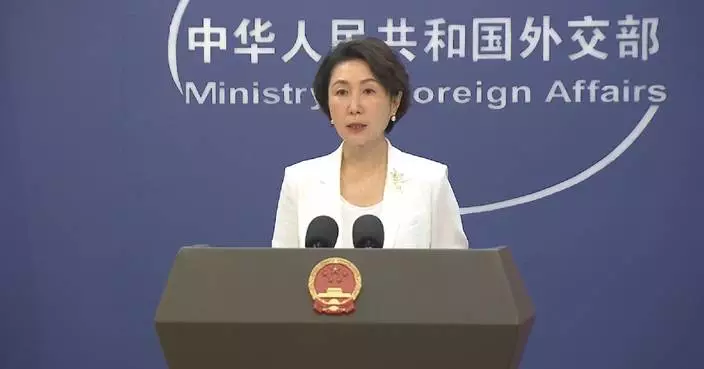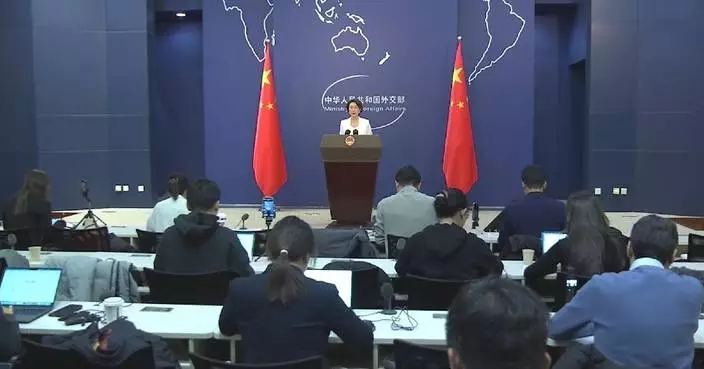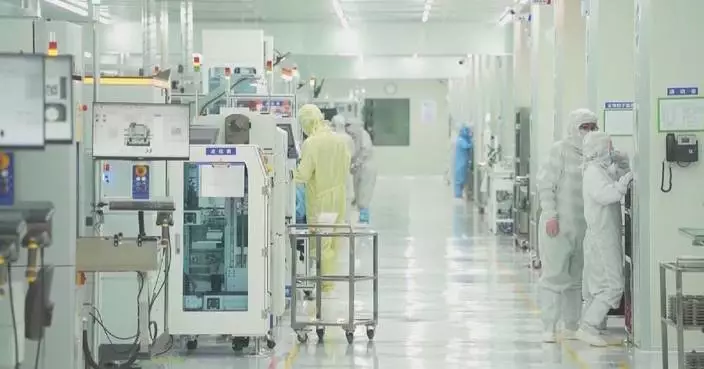International educator representatives have gathered in Wuhan, central China's Hubei Province, for an exchange and cooperation event focusing on transforming teachers' roles and enhancing abilities in the intelligent era.
The meeting was a parallel session of the 2025 World Digital Education Conference, themed "Education Development and Transformation: The Era of Intelligence," which kicked off in Wuhan on Wednesday.
At the session, China's Ministry of Education released a report on primary and secondary school teachers, indicating that the digital literacy development index for teachers in 2024 registered a 5.53 percent increase from 2023.
"Technology is continuously being integrated into our educational settings. We need to engage in lifelong learning to master increasingly advanced technologies that serve talent cultivation and support teachers' professional development," said Liu Sannyuya, vice president of Central China Normal University. Participants widely acknowledged during their speeches and discussions that digital education is not merely about applying technology but represents a systemic transformation.
As the cornerstone of this transformation, teachers are at the heart of global efforts to redefine educational models in the digital age.
"China is really developing technologies which support AI and which support technology in the classrooms, and these technologies are extremely impressive. And honestly, I think the rest of the world will have a great deal to learn from the Chinese experience in the Chinese development of these technologies," said Jacques Fremont, President of the University of Ottawa.
According to the Ministry of Education, China is actively building an ecosystem for teacher development that integrates immersive daily practice, project-based empowerment of abilities, and platform-based support.
"China has always regarded teacher development as the foundation of digital education. We have implemented a national program to enhance teachers' information technology application capabilities, offering training to teachers for more than 23 million times over the past decade. Going forward, we will carry out a new digital empowerment initiative to provide a clear path for developing the teaching workforce in the intelligent era," said Han Jinhong, deputy director-general of the Department of Teacher Education under the Ministry.
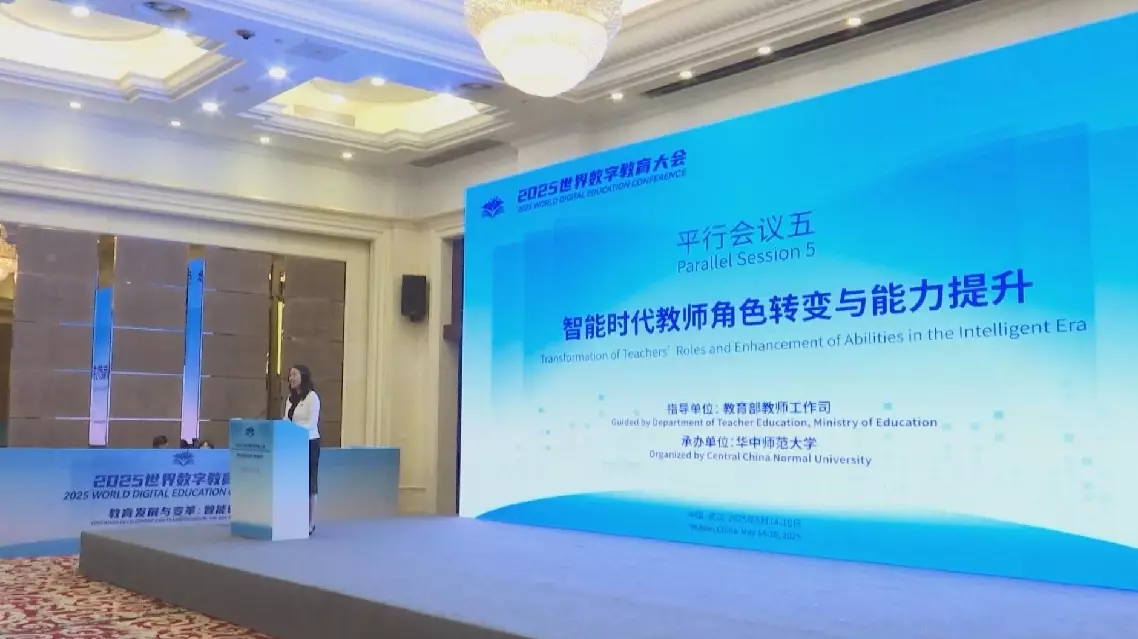
International participants explore raising digital literacy of teachers during World Digital Education Conference



